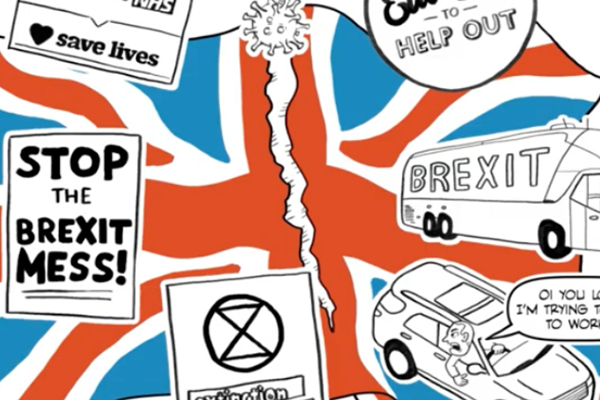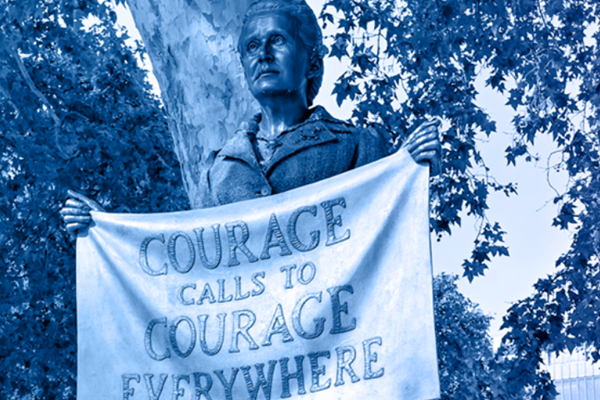The last six months
Over the last 6 months, More in Common has held focus groups across the country and conducted several rounds of polling to better understand Britons’ attitudes to refugees. The following briefing is intended to help take stock of how public attitudes have evolved over time in the context of a fast-moving news cycle and numerous international crises. We hope this briefing will provide useful insights to policy makers, the media and our partners in civil society about public opinion.
Our key findings are:
- Levels of concern about asylum seekers crossing the channel has remained high over the last six months
- That concern is not shared evenly across the population. Several segments rank this as one of the most important issues facing the country, others rank it the least – this helps to explain how the debate about refugees and asylum policy has unfolded.
- Although more support than oppose the Rwanda plan, this support is soft and subject to framing. Knowledge of the specifics of the policy is low. Most think the government must do something, but doubt that it will substantially reduce numbers.
- The effectiveness of the policy as a ‘wedge’ issue is unclear. While asylum seekers crossing the channel is a top priority for the Loyal Nationals (the key segment that swung from Labour to Conservative in 2019 and who best reflect the typical ‘Red Wall’ voter) who form one side of the Conservative Coalition, it is one of the lowest for Established Liberals (the group most likely to have swung away from the Conservatives to Labour and who best reflect a typical ‘Blue Wall’ voter), who form the other side of the Conservative coalition. Many in this latter group find the Rwanda scheme unpalatable.
- Headline support for taking refugees from areas of conflict is high (74 per cent). Asking about Ukrainian refugees specifically raises that support by just four points to 78 per cent. While the public do distinguish between Ukrainian refugees and those crossing the channel, this is driven by a sense that they are more likely to be women and children, more likely to return home and because the conflict is so close to the UK. For the vast majority of Britons support for Ukrainian refugees is not driven by race.
- Community sponsorship has the potential to radically shift the British public's attitudes to the UK taking in refugees, particularly reducing opposition to refugees among more socially conservative groups. The government should build upon the Homes for Ukraine scheme and use community sponsorship as the primary model for how the UK resettles refugees going forward.
- Cost of living is the top issue for all segments of the British public, and many worry whether Britain has the capacity to help refugees during this crisis and when services such as the NHS are already stretched.
Our research shows that when it comes to immigration simply proposing ever more punitive measures won’t hold the Tory coalition together. While the Rwanda plan might resonate with some parts of the Tory base it is toxic to others. Instead, a policy that could reach across both blue and red walls needs to balance tough action against people smugglers and detering small boats with compassion and humane treatment for those fleeing persecution.
Luke Tryl, UK Director

